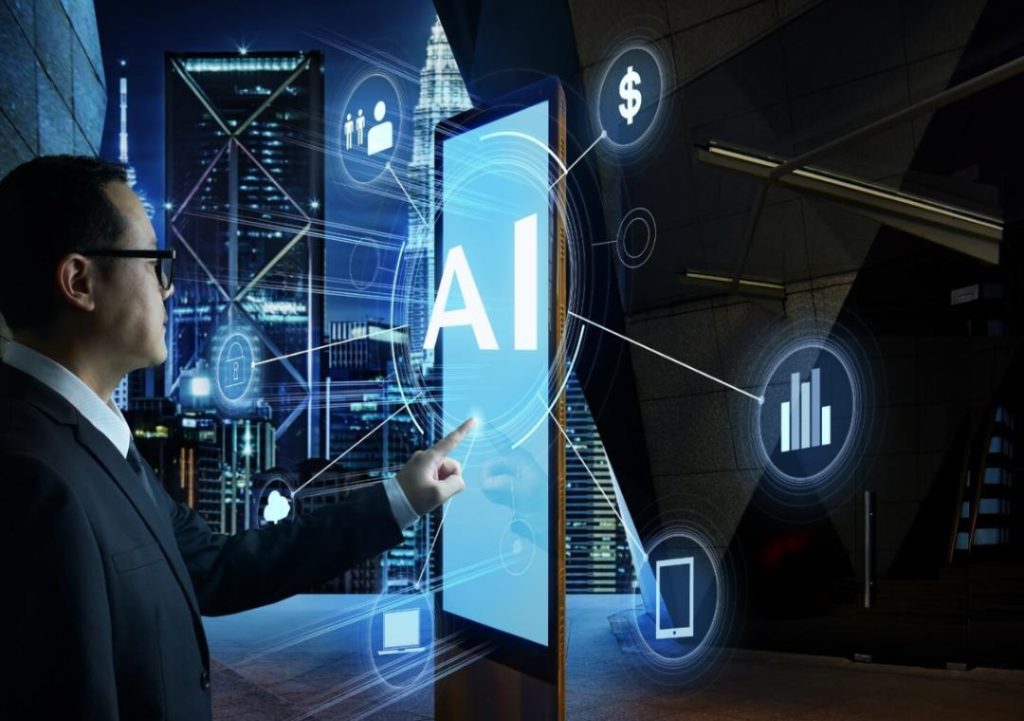
AI & ML now power over 77% of business processes
The world has changed dramatically over the past decade, and the pace of innovation is only accelerating. Gone are the days when Artificial Intelligence (AI) and Machine Learning (ML) were considered futuristic concepts confined to the realm of science fiction. Today, these technologies are no longer luxury items, but operational essentials for businesses seeking to stay competitive in a digital-first world.
According to a recent report, over 77% of enterprises now leverage AI and ML to improve productivity, reduce costs, and personalize user experiences. This staggering figure is a testament to the transformative power of these technologies and the imperative for businesses to adopt them.
So, what exactly is AI and ML, and why are they so important? Let’s dive in.
What is AI and ML?
AI refers to the broader field of computer science focused on creating machines that can perform tasks that typically require human intelligence, such as visual perception, speech recognition, decision-making, and language translation. AI involves the use of algorithms, machine learning, and data analysis to enable machines to learn from data and make predictions or take actions.
Machine Learning, on the other hand, is a subset of AI that involves training algorithms to learn from data and improve their performance over time. ML algorithms can be trained on vast amounts of data to recognize patterns, make predictions, and make decisions without being explicitly programmed.
How is AI and ML important?
The importance of AI and ML in today’s business landscape cannot be overstated. Here are just a few examples of how these technologies are revolutionizing the way businesses operate:
- Automating customer support: AI-powered chatbots and virtual assistants are becoming increasingly popular for handling customer inquiries, freeing up human customer support agents to focus on more complex issues.
- Real-time fraud detection: ML algorithms can analyze vast amounts of data in real-time to detect and prevent fraudulent transactions, reducing financial losses and improving customer trust.
- Predictive maintenance: AI-powered predictive maintenance algorithms can analyze equipment performance data to predict when maintenance is required, reducing downtime and improving overall efficiency.
- Personalized marketing: ML algorithms can analyze customer behavior and preferences to deliver personalized marketing messages and offers, increasing engagement and conversion rates.
- Supply chain optimization: AI-powered supply chain management systems can optimize inventory levels, routing, and logistics to reduce costs and improve delivery times.
The benefits of AI and ML
So, what are the benefits of adopting AI and ML in your business? Here are just a few:
- Improved productivity: AI and ML can automate routine tasks, freeing up human employees to focus on higher-value activities.
- Reduced costs: AI and ML can reduce costs by optimizing processes, improving efficiency, and reducing waste.
- Enhanced customer experiences: AI and ML can help businesses deliver personalized, seamless experiences that drive loyalty and retention.
- Competitive advantage: Businesses that adopt AI and ML early can gain a competitive advantage, allowing them to outmaneuver rivals and stay ahead of the curve.
The future of AI and ML
As AI and ML continue to evolve, we can expect to see even more innovative applications in the years to come. Some of the trends to watch include:
- Edge AI: The use of AI algorithms at the edge of the network, closer to the data source, to improve real-time decision-making and reduce latency.
- Explainable AI: The development of AI algorithms that provide transparent explanations for their decisions, improving trust and accountability.
- Human-AI collaboration: The integration of AI and human expertise to improve decision-making and problem-solving.
Conclusion
In conclusion, AI and ML are no longer futuristic concepts, but operational essentials for businesses seeking to stay competitive in a digital-first world. With over 77% of enterprises already leveraging these technologies, the shift is not optional, but fundamental to staying ahead of the curve. Whether you’re looking to automate customer support, detect fraud in real-time, or personalize user experiences, AI and ML have the potential to transform your business in ways that were previously unimaginable.
Source: https://www.growthjockey.com/blogs/what-is-ai-and-ml-how-is-it-important






